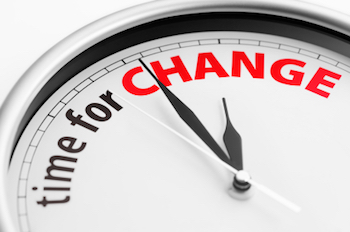From the time you bring a piano into your home, it requires regular maintenance to keep it looking and sounding its best. Part of it is cleaning it and keeping it dust free; that’s the part you can do regularly. Then there is the part that requires a piano to be tuned on a regular basis; that’s the part you’ll have to bring in a piano technician.
 Pianos are complex instruments. Because one part impacts another, and effects the overall sound quality, its important to keep everything in top condition. If you do not keep a piano tuned for musical purposes, consider your potential for selling your piano some day. Only a piano in great condition can be sold easily, and great condition means a piano that has had regular tunings and sounds its best.
Pianos are complex instruments. Because one part impacts another, and effects the overall sound quality, its important to keep everything in top condition. If you do not keep a piano tuned for musical purposes, consider your potential for selling your piano some day. Only a piano in great condition can be sold easily, and great condition means a piano that has had regular tunings and sounds its best.
Regular tunings prevent further damage. When a string tension is optimal, it will produce optimal sound. However, if the tension is lax or too tight, it can quickly impact the other delicate piano parts, and in some cases damage them to the point of needing to be replaced. Tunings help keep all parts running smoothly and working together, preventing damage from occurring to neighboring pieces.
In some cases its easy for a player to “hear” a problem. Run through a scale and when one or two notes sound “off”, you know you have a problem. But that’s not always the case. Sometimes the smallest of problems are difficult to hear, but without proper maintenance, a larger, more expensive problem is around the corner.
Not all piano tuners are piano technicians, meaning they might not be able to find and fix all the problems associated with keeping a piano in good working order. When you’re hiring a piano tuner, make sure he is experienced and can help you maintain your piano at its optimal level.
Regular tunings should start from the moment you bring your piano home. If it’s a new piano, or new to your home and its environment, it may take a few tunings a year to get it settled into its new location. As it ages, piano tuning frequency will reduce as well. The longer it goes in between tunings, the more severe the problems can be. If a piano goes two or more years without tuning, it may need things like:
Pitch Raising – a pre-tuning process that prepares the strings to be tuned. This takes expert guidance, as an incorrect process can negatively impact the piano’s timbre, impact the string vibration, and cause interference in the strings.
Double Tuning – a general tuning that is performed before a fine tuning process. The first tuning is crucial because if its not done effectively, it can cause weak strings to go further out of tune. Fine tuning is only performed when strings reach close to optimal level, and minor adjustments can be made.
No matter if you have a brand new piano in need of its very first tuning, or you’ve owned a piano for years and can’t remember the last time it was tuned, there is no better time than the present to start the process. Call us today; we’re happy to help you maintain your piano and keep it strong and healthy for years to come.

